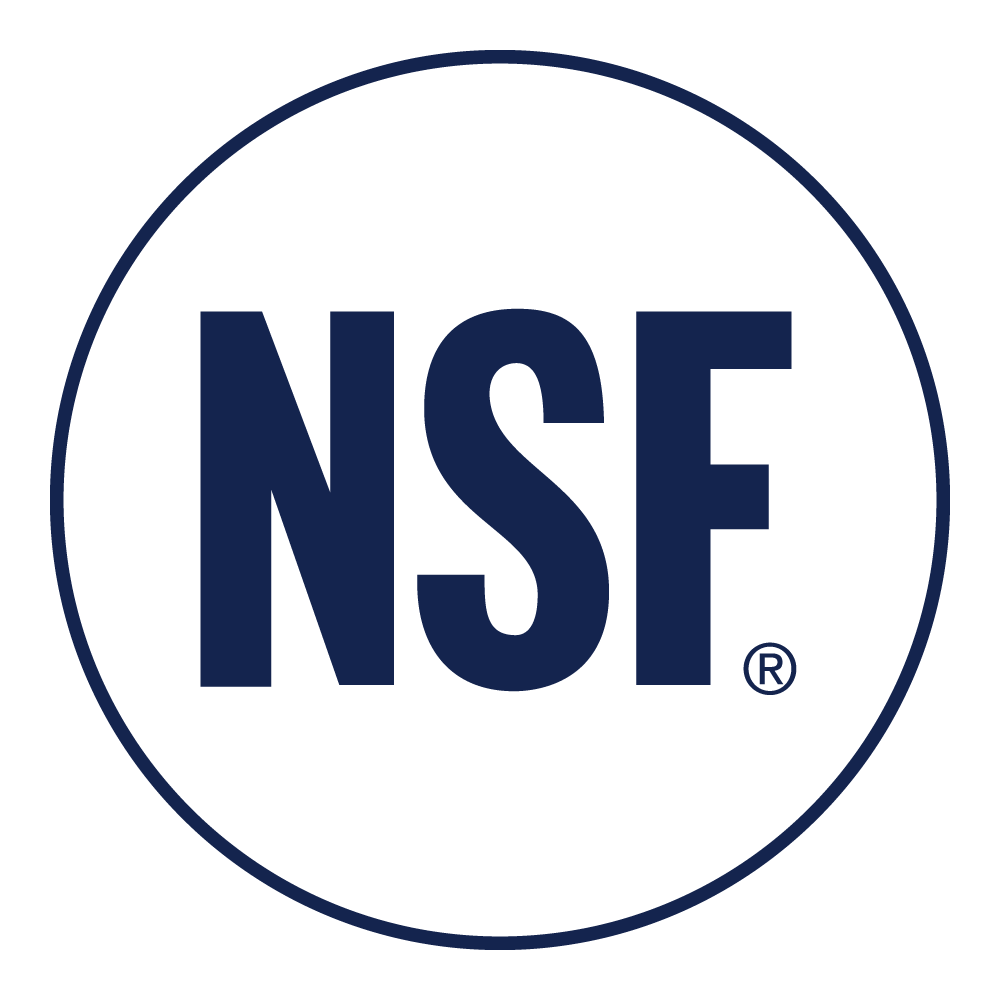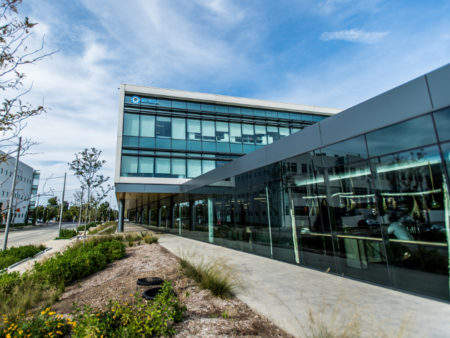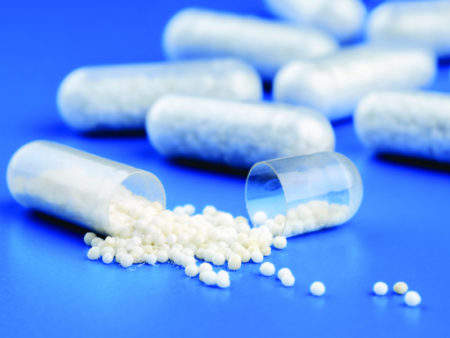Upcoming Quality Assurance and Regulatory Adherence Courses by NSF
NSF International has released a list of upcoming courses for June and July.
Why train with NSF?
NSF International’s public events ensure that the essential quality assurance (QA) and regulatory affairs (RA) training requirements of your medical device businesses are met, while introducing the latest QA / RA intelligence, techniques, and tools. The benefits of NSF’s programmes include:
- Training programmes that focus on complex, technical, regulatory, and QA problems related to medical devices
- Learning through doing in highly interactive, real life scenarios
- Learning from subject matter experts and industry-leading facilitators
- Training tailored to your needs, budget, and technical capabilities
- Post-training support throughout your product lifestyle
- QMS Lead Auditor Training – ISO 13485:2016 and MDSAP
This five-day medical device auditor training programme incorporates Medical Device SingleAudit programme (MDSAP) requirements. It is also certified by the Chartered Quality Institute (CQI) / International Register of Certified Ausitors (IRCA).
During the course, you will plan and prepare audits based on case studies that simulate both supplier and third-party audits utilising the MDSAP audit requirements. Throughout the course, you will participate in simulated auditing exercises, including planning, preparation, and evaluation of audit evidence. You will also practice the application of ISO 13845:2016 and the MDSAP requirements.
This training will help you:
- Plan, conduct, report, and follow up on quality management system (QMS) audits in accordance with ISO 19011, ISO 13485:2016, and MDSAP
- Apply the MDSAP audit strategies adopted by auditing organisations in the MDSAP programme
- Identify nonconformities and prepare an audit report in accordance with the MDSAP criteria
Dates and locations:
12 June – 16 June in Manchester, UK
26 June – 30 June in Irvine, California, US
17 July – 21 July in Reston, Virginia, US
ISO 13485:2016, MDSAP Requirements and Regulatory Transitions
ISO 13485 is the international standard that defines QMS requirements for organisations involved in one or more stages of the medical device product lifecycle. This includes design and development, production, storage and distribution, installation, or servicing of a device.
ISO 13485:2016 can also be used by suppliers or external parties that provide product and QMS-related services.
The MDSAP audit process was designed to provide a single audit that covers regulatory requirements of medical devices, such as QMS and regulatory purposes, as well as the specific requirements of medical device regulatory authorities participating in the MDSAP (Australia, Brazil, Canada, Japan, and the US quality system regulation).
This course offers practical instruction on both ISO 13485:2016 and MDSAP, preparing you and your organisation for the challenges of implanting these requirements and preparing for successful audit outcomes associated with these standards and policies.
Dates and locations:
- 13 June – 14 June in Reston, Virginia, US
European Medical Device Regulations (EU MDR) Strategic Planning for the Coming Changes
The European regulatory landscape has changed, becoming more stringent and technically challenging for medical device companies. With major changes to notified body activities, the device classification, clinical data requirements, post-market surveillance, conformity assessment, and technical documentation, companies will need to pan carefully to ensure they understand the requirements and have the appropriate data, processes, and recourses in place.
This two-day course examines the new EU medical device regulations, outlines major changes that the industry will need to be prepared to address, and provides insight into the impact on medical device companies and the steps they can take to navigate the new regulatory environment.
The NSF EU MDR course includes assessments to ensure that the student has achieved understanding to effectively plan for new EU regulation, enabling you and your organisation to feel confident that you can implement the forthcoming changes. This course provides a certificate of successful completion demonstrating your knowledge has been evaluated.
Dates and locations:
- 11 July – 12 July in Reston, Virginia, US
Leading expert instructors
James Pink has more than 20 years of experience in the medical devices industry, including ten years as a healthcare technology expert and lead auditor for a leading European notified body. His industry experience includes managing development and QA programmes for orthopaedic, cardiovascular, would, and combination products. James has coordinated and presented to EU competent authorities and expert working technical briefings and has spent a number of years participating in industry and regulatory agency working groups preparing for and evaluating the impact of the proposed text and framework of the new EU regulation.
Kim Trautman has more than 30 years of experience in medical device quality systems and international regulatory affairs. Her vast experience includes leading international initiatives for the US Food and Drug Administration (FDA), authoring the current FDA medical device quality system (QS) regulation, and leading the implementation, rollout, and training associated with that regulation. In addition, she championed the MDSAP and led US efforts to develop policies and processes to implement the programme.
Brian Ludovico has more than 20 years of experience in medical quality systems and certification requirements. Before joining NSF International, he worked with the certification body TUV Rheinland of North America Group, where he was responsible for the Canadian Medical Devices Conformity Assessment System (CMDCAS) and the international MDSAP.



